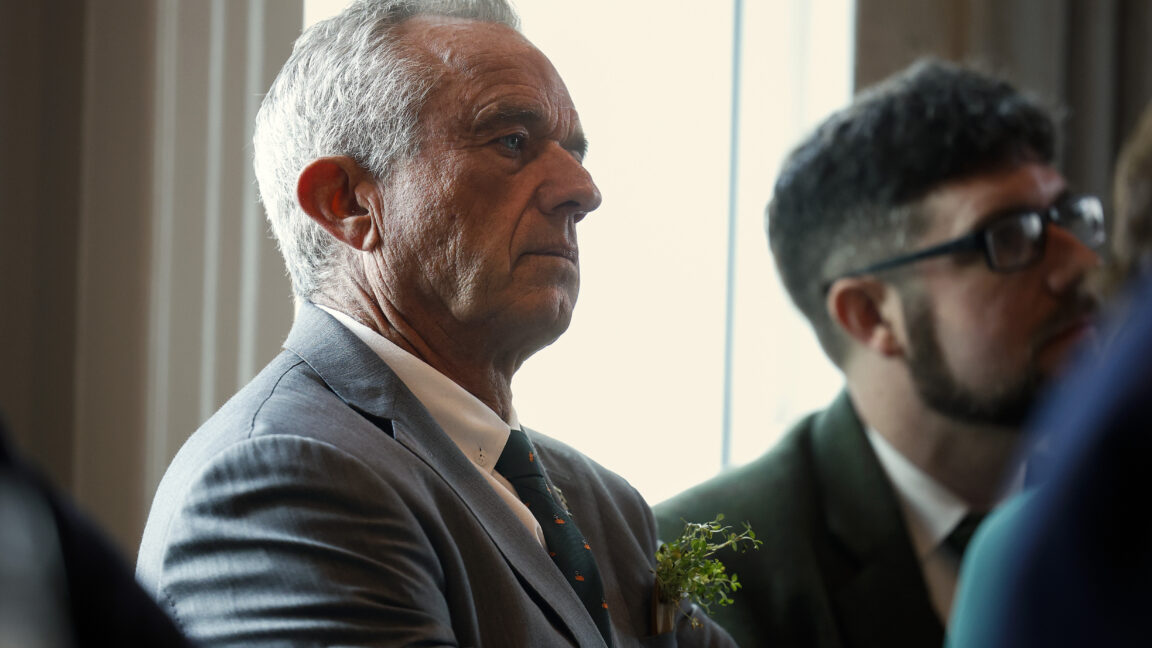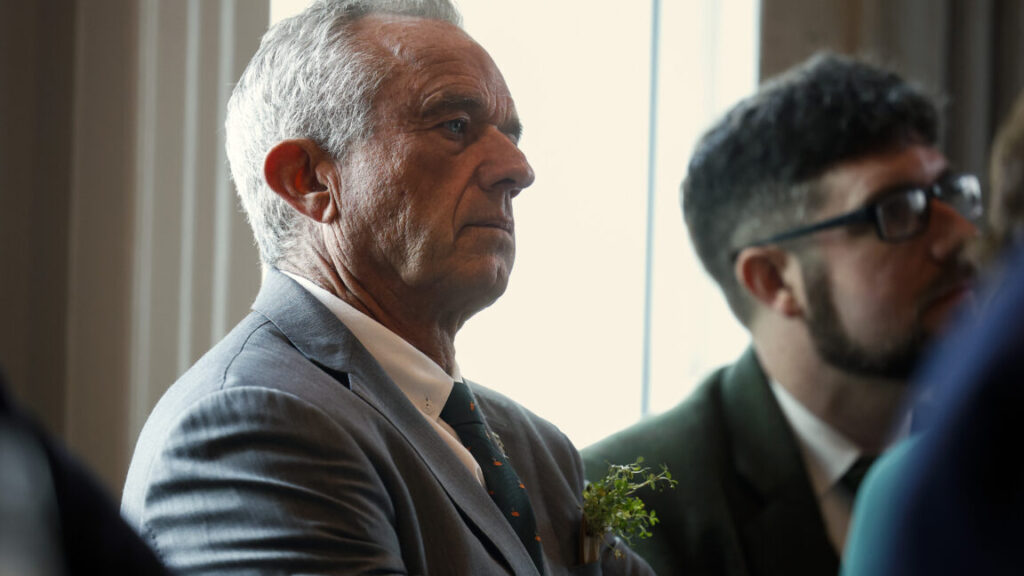
Hall claims that because of this, Kennedy’s assistants prevented the New York Times reporters from having a direct interview about the study. Instead, the hall was allowed to provide the newspaper only to the newspaper. However, the hall claims that Kennedy’s spokesman Andrew Nixon then brought the results of the study to the Times and amended the Hall’s written response and sent them to the reporter without the consent of the hall.
Further, the Hall claims that he was prevented from presenting his research on highly processed foods at a conference and was forced to either amend any context on which he worked with external researchers or removed himself as co -author.
A HHS spokesperson denied the CBS that the hall was censored or amended his written response to the time. “Any attempt to paint it as a censorship is deliberately distorting the facts,” a HHS statement said.
In response, Hall wrote to the CBS, “I wonder how they appreciate censorship.”
Hall said he had reached the leadership of the NIH about his concerns with hopes, all of which is a “obstacle” but never received the answer.
He wrote in the LinkedIn post, “Without any assurance, our research will not be constantly censorship or interference, I felt forced to accept the initial retirement for my family to protect health insurance.” “Because of the very tough deadline to decide, I still don’t have plans for my future career.”

